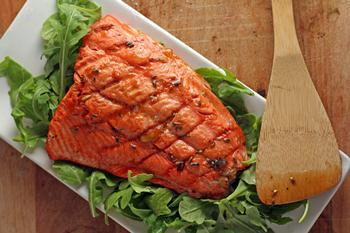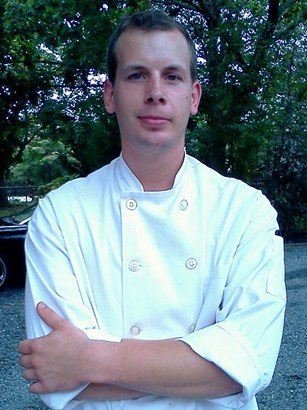The Comeback of the Indie
Saturday, 01 October 2011 19:18
 According to Mintel, independent restaurants’ unique menus and local atmosphere could lure patrons from chains.
According to Mintel, independent restaurants’ unique menus and local atmosphere could lure patrons from chains.
Battling with low operator and consumer confidence, rising food costs and a lack of corporate support, independent restaurants can be especially hard hit during poor economic times. Recent Mintel research, however, reveals that indies may have some advantages over their competition, as 43% of American consumers who have visited one in the past month seek out independent restaurants over chains.
Moreover, 52% of independent-restaurant users say they visit these establishments to support their local community and economy, while 51% agree that independent restaurants do a good job of supporting their local community—compared to 37% who say the same of chain eateries.
“People take pride in their communities and will often reward local businesses that make their community a better place,” says Eric Giandelone, director of Mintel Foodservice. “The primary way indies underperform in relation to chains is through a lack of promotions and limited-time offers—two things that could be easily addressed with social shopping and social-networking sites.”

 An emerging trend fueled by independent restaurants finds beverages taking center stage as ingredients.
An emerging trend fueled by independent restaurants finds beverages taking center stage as ingredients. Justin Moore, at 30, is already in the great position of drawing on his past while investing in a bright future thanks to the success of Vin 909 in Annapolis.
Justin Moore, at 30, is already in the great position of drawing on his past while investing in a bright future thanks to the success of Vin 909 in Annapolis. The best cases include contradictory information and paradoxical situations. Good case studies also require students to apply information from previous courses to the presenting problem or situation.
The best cases include contradictory information and paradoxical situations. Good case studies also require students to apply information from previous courses to the presenting problem or situation. Educators attending the 2011 CAFÉ Leadership Conference shared scintillating tips that successfully motivate students. Among the biggest? Remember why you started cooking, and why you started teaching.
Educators attending the 2011 CAFÉ Leadership Conference shared scintillating tips that successfully motivate students. Among the biggest? Remember why you started cooking, and why you started teaching.